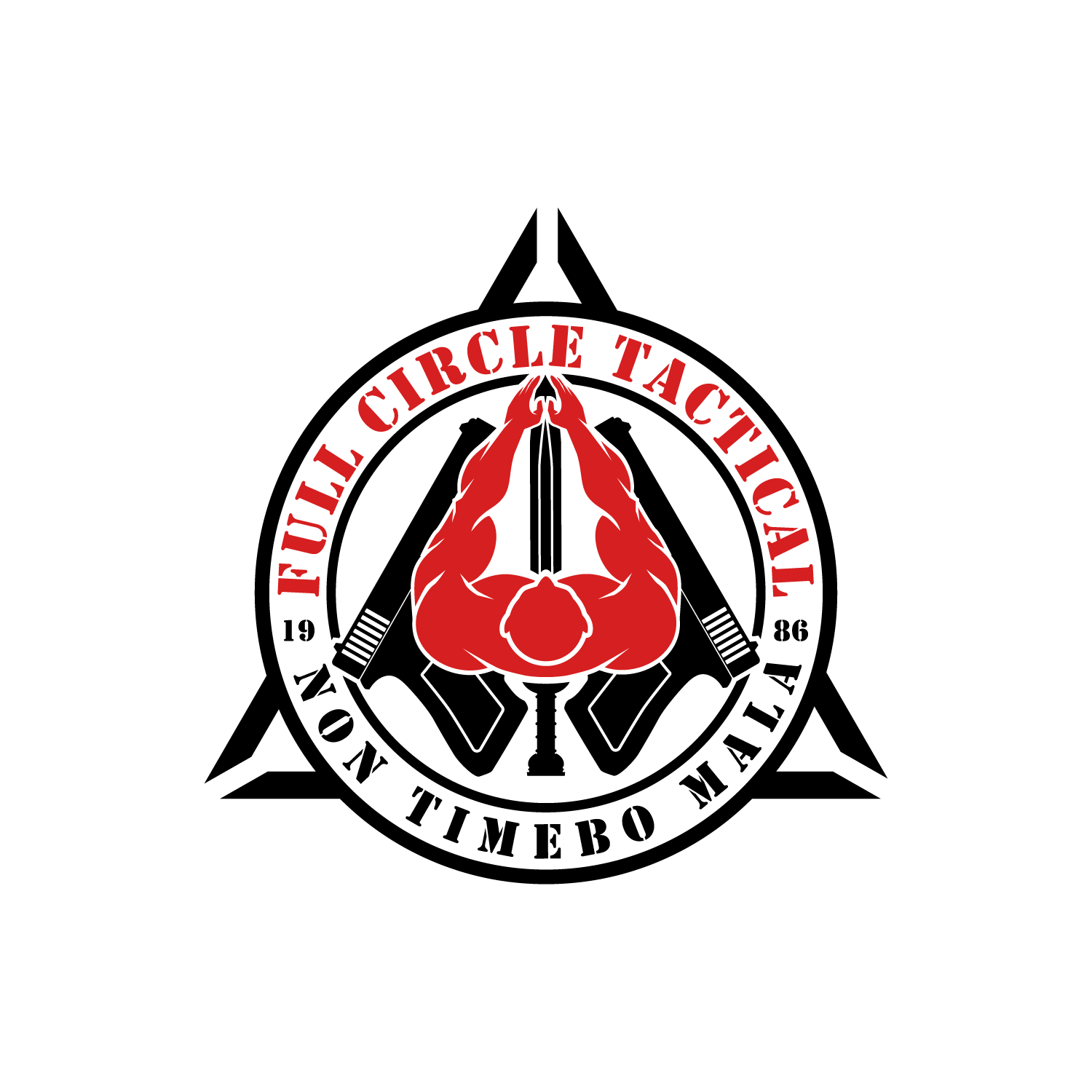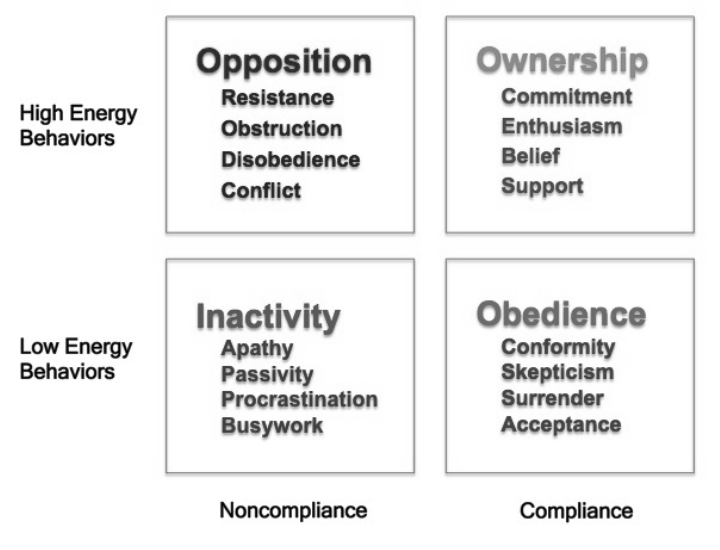The Balance Between Compliance and Resistance
Compliance and Resistance
At times, regardless of your actions, situations may escalate to a physical level. However, choosing to comply is a viable alternative. Anyone who claims that compliance is never effective is as misguided as someone who insists that resistance is always successful.
There's a delicate balance between the two, and understanding when to comply and when to resist is a skill that takes time and experience to master. It's not a black and white situation, but rather a spectrum of possibilities that requires careful consideration and judgement.
Compliance can be a powerful tool when used correctly. It can deescalate a situation, prevent unnecessary conflict, and even turn an adversary into an ally. But it's not a one-size-fits-all solution. There are times when compliance can be seen as weakness, inviting further aggression or exploitation. In such cases, resistance may be the more appropriate response.
On the other hand, resistance can be a double-edged sword. While it can deter aggression and assert one's rights, it can also escalate a situation and lead to unnecessary harm or conflict. Knowing when to resist and when to back down is a crucial skill that can mean the difference between a peaceful resolution and a violent confrontation.
In the end, it's all about understanding the situation and making the best decision based on the information available. It's about knowing when to stand your ground and when to seek a peaceful resolution. It's about recognizing that sometimes, the best way to win a fight is to avoid it altogether.
So, don't let anyone tell you that compliance never works or that resistance is always the answer. Both have their place and their value, and understanding when to use each is a skill worth cultivating

